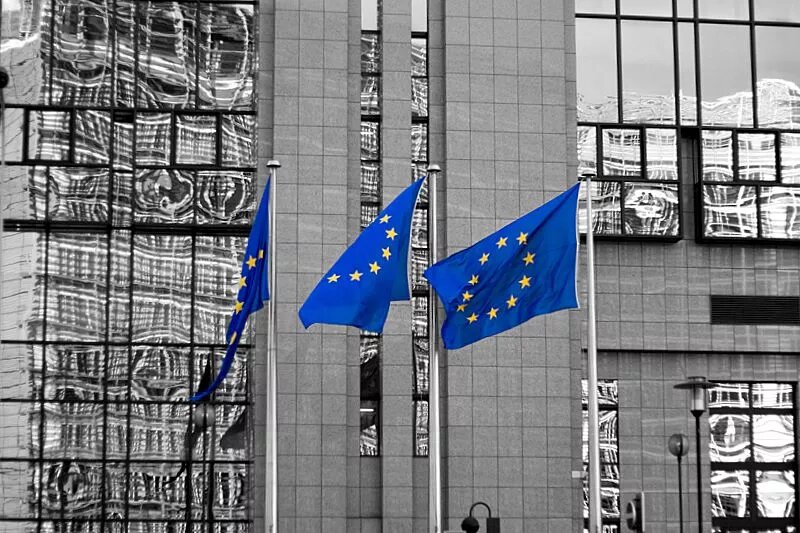
The global economic and financial crisis, already a reality of everyday political life, has also become the main topic of the elections for the European Parliament – here in the Czech Republic as well.
The same voices who have been warning that intensified European integration threatens the national sovereignty of the Member States – leading Czech politicians among them in particular – are now demanding solidarity and a coherent, consistent EU in relation to the crisis. Those values, however, should be neither taken for granted nor demanded.
The Member States must understand the crisis as an opportunity for much-needed economic, political and societal change. Protectionist measures will not address the problems the EU is momentarily confronted with, nor will further liberalisation of the EU internal market. Rather, the question is how the EU can create a framework for an internal market that implements the principles of balance, fairness, proportionality and sustainability.
Commitment to the European project is lacking
Market relations alone will not provide the EU with coherence, consistency or solidarity. Unless European integration goes further, the understanding that we are responsible for one another and dependent on one another will not come about. Only thanks to the development of a European identity will it be possible to formulate a joint strategy for overcoming the crisis and practicing solidarity. The European identity facilitates a sense of belonging to a larger whole which is very important for the future of the European project. Cultural transformation at EU level, as presumed by the development of this identity, can only be realised through changes in various areas of politics and education. However, imagination, inspiration and creative will are apparently not in evidence in the EU; there is a lack of enthusiasm for and commitment to the European project. Too little of the hope of 1989 remains alive today, unfortunately. Twenty years after those peaceful revolutions, there is the risk that the inability of many politicians to explain and resolve the crisis will reflect negatively on the political landscape and culture of many Member States.
Overcoming the limitations of national affiliation
Europe needs politicians who can make the European argument, face up to global challenges, and perceive the implementation of the social and environmental dimensions of those challenges as their central role. It needs politicians who convince their voters at national level that it pays to create a shared Europe and to thereby give Europe a stronger voice in the world. On the road to the success of the European project we depend on people wanting to be Europeans, on being able to overcome the limitations of national affiliation.
Of course, in the run-up to the EP elections in the Czech Republic, we observe that European topics do not play a big role for most of the parties. As in many other European countries, election campaigns in the Czech Republic are conducted primarily on national topics. The election posters of the two larger parties, ODS and ČSSD, are quite telling in this respect. The Social Democrats attack former Czech PM Mirek Topolánek (ODS) on their posters, as well as the main ODS candidate, Jan Zahradil, whose perpetual election slogan is the eternally returning “Security”. For its part, ODS once again presents a smiling Mirek Topolánek as the “solution”, while Social Democratic party chair Jiří Paroubek is depicted with a gloomy expression on his face and is said to be “scaring” everyone.
Physician Karel Hurt (ODS) is running for the EP with a poster depicting nursing infants claiming: “He helped us into the world and will help you in Europe”. In the press we can read that Hurt belongs to the pro-EU wing of ODS, not something one would assume from seeing his election ad.
Glum voters
Many Czech voters are irritated and do not feel taken seriously. A very controversial protest action by young voters has recently provoked a great deal of commotion. Organised through Facebook, young voters turned out to throw eggs at Social Democratic politicians and candidates during their campaign speeches. Even though egg-throwing is of course unacceptable and must be condemned, it should also be perceived as a warning. Those flying eggs are a signal that many things in this country are out of order.
The fact that the Czech Republic is in the midst of crisis and that early elections will most probably take place in October 2009 explains these aggressive electoral campaigns about national topics and “interests”, but does not excuse them. Such campaigns simply demonstrate how many Czech politicians lack the courage or the ability to espouse the European project and bring the EU closer to their voters.